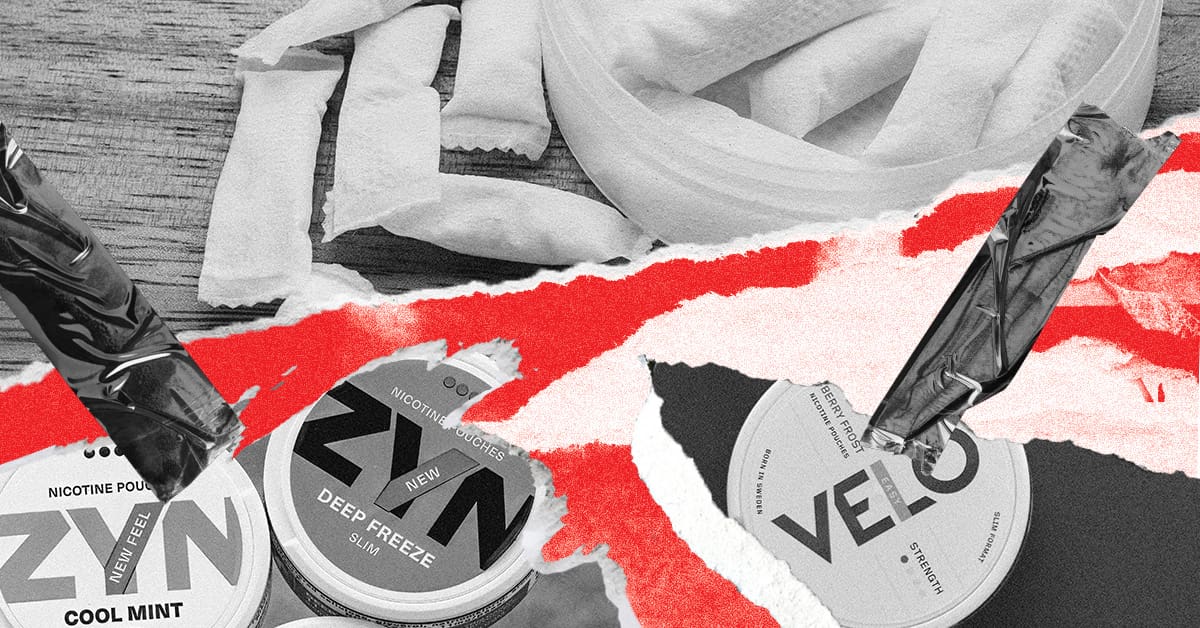Tobacco News and Updates: Fall 2024

Making Progress in Reducing Youth Vaping
The 2024 National Youth Tobacco Survey (NYTS) shows a big drop in youth vaping — 2.1 million to 1.63 million. However, the survey revealed a discouraging truth: youth nicotine addiction is a serious public health concern. Among middle and high school students who currently vape, nearly 40% report frequent or daily use. Flavors drive the youth vaping epidemic — 88% of teen vape users prefer flavored products — while disposable vapes still lead in sales. However, youth vaping remains stubbornly prevalent in Oklahoma. According to the latest Oklahoma Youth Risk Behavior Survey, nearly 22% of high school students vape. We must continue to hold the tobacco industry accountable.

Out With the Old, in With the Zyn.
In the field of emerging tobacco products, nicotine pouches are moving up the ranks. Zyn, which has been available since 2014, delivers nicotine without tobacco or vapor. It’s more discreet than vapes — and sales are growing fast. Last year, the U.S. Federal Trade Commission reported a 100% increase in nicotine pouch sales from 2020 — Zyn alone saw a 62% spike, leading parent company Philip Morris to consider expansions. This trend raises concerns about youth addiction, like the Juul craze, hooking non-nicotine users. Social media influencers, dubbed “Zynfluencers,” are driving viral popularity. Nicotine pouches also pose potential health risks, including heart and oral health problems.

Organizations Support the FDA’s Marketing Denial for Flavored Vapes
Eleven major health groups urged the Supreme Court to uphold the Food and Drug Administration’s (FDA) authority against flavored vapes. Recently, the U.S. Court of Appeals struck down the FDA’s marketing denial orders. Now, health groups are pushing for change. Their main argument: it’s crucial for public health. The case revolves around the FDA’s refusal to approve kid-centric flavors. These flavors fuel the youth vaping crisis, exploiting teens’ vulnerability to nicotine addiction and posing risks to developing brains. The FDA aims to protect public health — but the tobacco industry still markets appealing flavors. Reports show that of teens who report vaping, over 80% use flavored products. This case could be the turning point in protecting our youth.







